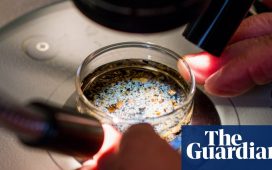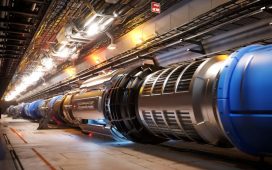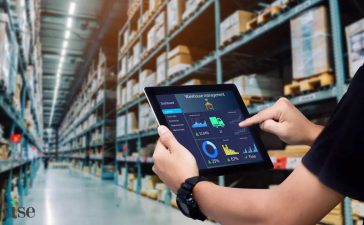FOOD SECURITY
Nonetheless, as such extreme weather affects the food we put on our table, AI can step in to help the agriculture industry adapt to climate change so their practices don’t become obsolete, noted Prof Tsang.
“Modern agribusinesses can use AI to analyse their farms’ data for crop yield predictions or climate control, especially in the face of climate change. Specific to Singapore, AI can assist businesses in becoming more efficient, especially in the face of land and manpower constraints,” he explained.
For example, A*STAR’s partnership with Archisen, an agri-tech firm based in Singapore, helped the firm to produce up to 100 tonnes of vegetables annually, by using AI to create a predictive model that determined key parameters affecting yield and quality.
On the other side of the world, Mr Eric Enno Tamm, CEO and co-founder of This Fish, a Vancouver-based software and AI company for the seafood industry, has seen how warmer ocean conditions have created algae blooms, resulting in “large aquaculture die-offs”.
He added that sockeye salmon – the “very red, high-quality sushi salmon” often found in sushi restaurants – being produced out of British Columbia has also “gone down considerably” in the last 20 years.
Even though one might assume AI can help fishermen predict future fishing patterns, Mr Enno Tamm, whose firm has a couple of customers in Singapore, highlighted that climate change might ironically impede this development.
He recalled a conversation with tuna fishermen from the Philippines about whether digitising about 20 years of their logbook data, on where they caught their fish and the past weather conditions, would help them to predict which would be the best areas to fish for the future.
“The one thing they said that was interesting is that because climate change has been changing patterns, where the stocks are and (the fish) migrations, they felt that actually all of that historic fishing data may not help them understand where to catch fish in the future,” he said.
“In this case, climate change is actually jamming AI. Most machine learning uses historical data to predict the future. But if we fundamentally change the environmental regime … then actually your historical data is not going to help you that much for the future.”
Still, Mr Enno Tamm added, AI can help fish farmers “at a microscale”, such as understanding how changing ocean conditions today would affect the behaviour of their fish over the next month.
“The biggest impacts, I think, from climate change are going to be on the ocean. Because we’re not aquatic animals, we’re not going to see it as quickly. But we’ll see it in our food,” he said.










